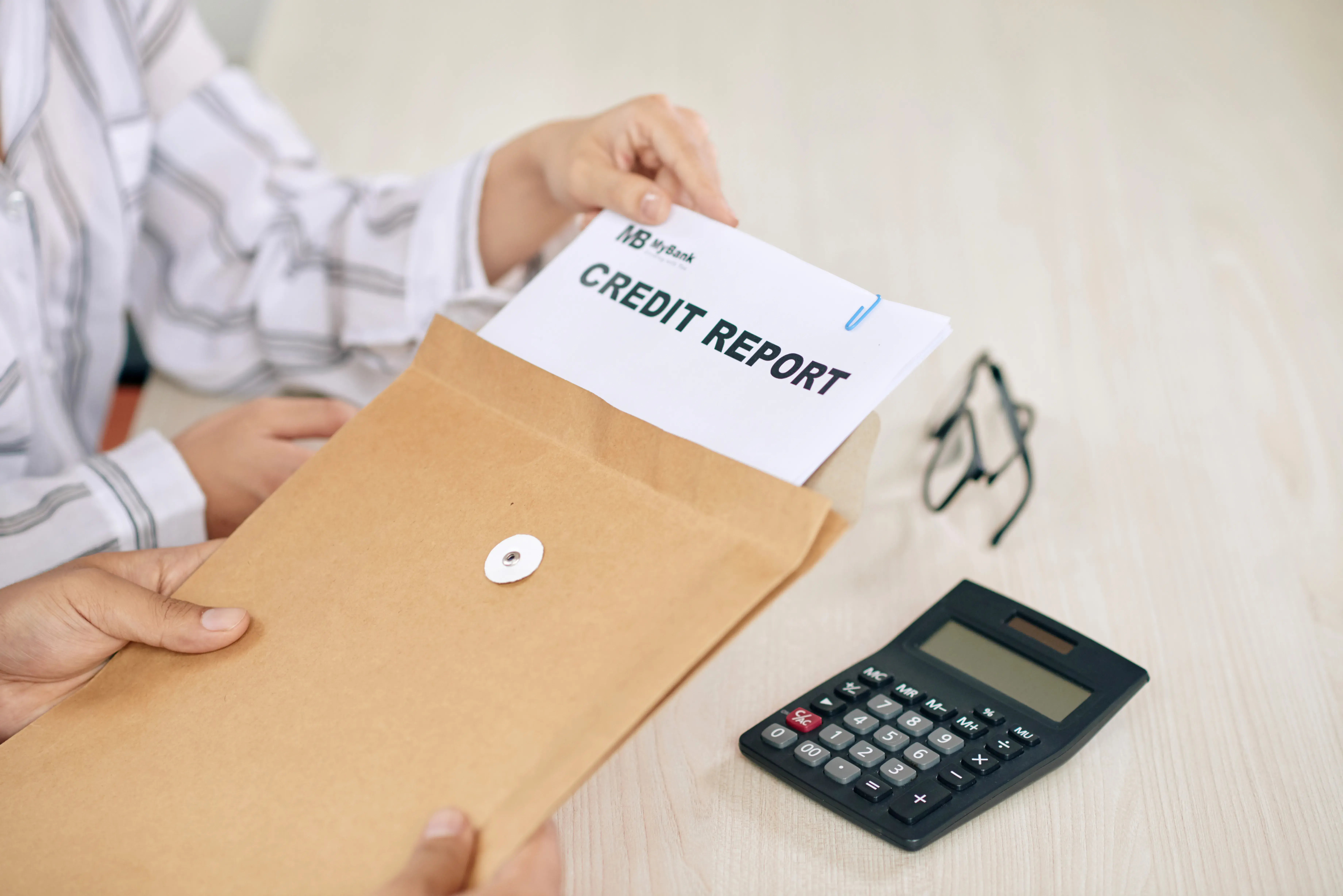-
Posted on: 23 Apr 2025

-
How to Get a Credit Report: A Step-by-Step Guide
Your credit report is a crucial financial document that lenders, landlords, and even employers may review to assess your creditworthiness. Knowing how to obtain and review your credit report is essential for maintaining good financial health.
Why Checking Your Credit Report is Important?
Before diving into how to get your credit report, let’s understand why it matters:
- Detect Errors & Fraud – Mistakes on your credit report can lower your score. Identity theft can also appear as unfamiliar accounts.
- Improve Credit Score – By reviewing your report, you can address negative items and improve your credit health.
- Loan & Job Applications – Lenders and some employers check your credit history before approval.
- Better Interest Rates – A clean credit report can help you secure loans at lower interest rates.
Now, let’s explore how to get your credit report.
How to Get Your Free Credit Report?
In the U.S., you’re entitled to a free credit report from each of the three major credit bureaus—Equifax, Experian, and TransUnion—once every 12 months. Here’s how to access them:
1. Visit creditrepairease.com
The only official website authorized by the U.S. government for free credit reports is creditreportease.com.
- Go to the website.
- Click "Request your free credit reports."
- Fill in your details (name, SSN, date of birth, address).
- Select which bureau reports you want (one, two, or all three).
- Answer security questions to verify your identity.
- Download or view your reports instantly.
2. Other Ways to Get Your Credit Report
- Credit Monitoring Services – Some services (like Credit Karma, Experian, or MyFICO) offer free credit reports.
- After a Credit Denial – If you’re denied credit, you can request a free report from the bureau used in the decision.
- Fraud or Identity Theft Victims – You may be eligible for additional free reports.
Understanding Your Credit Report
Once you have your report, review these key sections:
1. Personal Information
- Name, address, Social Security number (partial), employment history.
- Check for errors (e.g., misspelled names, old addresses).
2. Credit Accounts
- Lists all credit cards, loans, mortgages, and their status (open/closed).
- Look for:
- Late payments
- Incorrect balances
- Accounts you don’t recognize (possible fraud)
3. Credit Inquiries
- Hard inquiries (when lenders check your credit for applications).
- Soft inquiries (when you check your credit or receive pre-approved offers).
4. Public Records & Collections
- Bankruptcies, tax lines, or accounts in collections.
- These severely hurt your credit score—dispute inaccuracies immediately.
How to Dispute Errors on Your Credit Report?
If you find mistakes, take these steps:
- File a Dispute Online
- Each bureau (Equifax, Experian, TransUnion) has an online dispute process.
- Submit a Dispute Letter
- Write a formal letter explaining the error and include supporting documents.
- Mail it to the credit bureau’s dispute address.
- Follow Up
- The bureau must investigate within 30 days.
- If corrected, request an updated report.
Tips for Maintaining a Healthy Credit Report
- Check Your Report Regularly – Review at least once a year.
- Pay Bills on Time – Late payments stay on your report for 7 years.
- Keep Credit Utilization Low – Aim for below 30% of your credit limit.
- Avoid Unnecessary Hard Inquiries – Too many loan applications in a short time can hurt your score.
- Monitor for Fraud – Consider a credit freeze if you suspect identity theft.
Final Thoughts
Getting your credit report is simple, free, and essential for financial well-being. By regularly checking your report, you can catch errors, prevent fraud, and improve your credit score.
Take control of your financial future—call (888) 803-7889 to get your credit score back on track!




